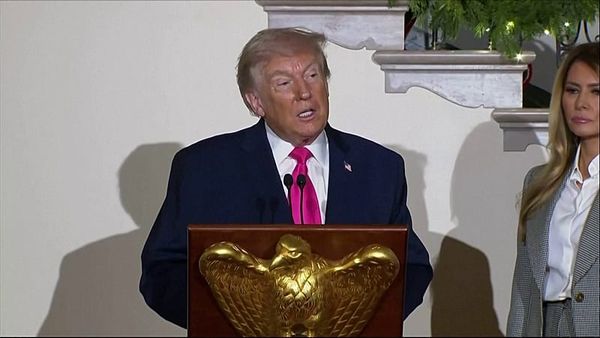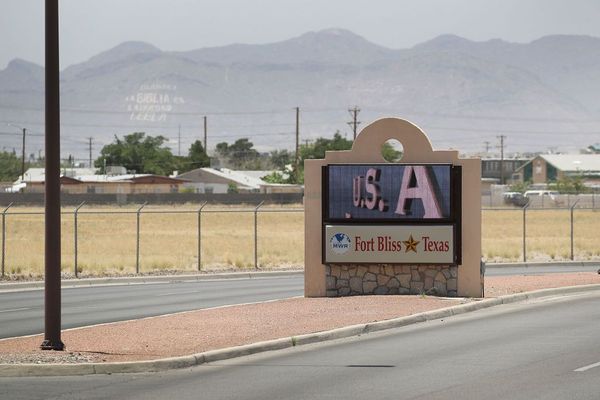
Harry Clark is the former lance corporal from Slough who lied, cheated and betrayed his way to victory on The Traitors. His near namesake goes several scandalous steps further, fuelled by dirty martinis and carnal desire, in David Cale’s 2017 monologue. The show gives US star Billy Crudup his West End debut 20 years after he played an English actor in the film Stage Beauty, set in Restoration London.
He’s playing another Londoner, of sorts. The deception starts with the title: Harry Clarke is the cocky man-about-Camden-Town alter ego of timid Philip Brugglestein who grew up gay in Indiana. In a galloping introduction that needs to ease just a little, Crudup names Philip’s home city, South Bend, as if he can barely bring himself to say it let alone continue living there.
At the age of eight, while his parents fight in the kitchen, Philip finds release adopting the brash persona of Harry – or rather, ’Arry. It’s a private game, almost like having an imaginary friend, until many years later when Philip is living in New York and lets the London wide boy take over his life. Pretending to be the tour manager for the singer Sade, Harry proves a smooth operator himself and disrupts the lives of a wealthy family.
Returning to a solo play he performed at New York’s Vineyard theatre, directed again by Leigh Silverman, Crudup has a constantly compelling presence, his smile often as bright and wide as Alexander Dodge’s opening backdrop of a pastel blue sky streaked with cloud. Alan C Edwards’ lighting design increasingly renders him almost unrecognisable as he blurs between Harry and Philip, the latter also implied to be a construct of sorts, and Crudup adds more than a dozen supporting characters, many of them ridiculed in the telling.
Cale’s play references film noir and shares the sour sadness and cold centre of that hardbitten genre, with barely a character left to care for. Philip himself is a mystery and the scenes from his childhood require greater resonance. Crucially, the script lacks the motor of a thriller and there is little at stake in this slight story. Harry’s conquests lack the nuanced results of Terence Stamp’s similar activity in Pasolini’s 1968 film Theorem.
When Philip steps into Harry’s shoes you’re not sure if he’s created a monster or a saviour who will allow him to confidently explore his sexuality. Cale’s script has a shrewd understanding of the jolt from private thoughts to public life, encapsulated by Philip’s jittery reflections morphing into Harry’s geezer swagger. But both characters quickly grow tiresome despite some wonderful moments and turns of phrase, from Harry measuring orgasms in Starbucks coffee sizes to Philip marvelling at plunging into “the deep end of sexy” during a tryst on a boat.
There are fine observations, too, about language: how words can slip out by surprise and their impact upon release, going as Philip’s mother says, “from your mouth to God’s ears”. The range of Crudup’s vocal skill is such that you can imagine the peaks and dips of a spirometer graph purely from his performance as Philip.
If the evening is ultimately a bit of a shaggy dog story, it’s nevertheless rendered with an intoxicating polish to capture the spirit of Sade’s music.
At Ambassadors theatre, London, until 11 May







